Our vision is to provide loving connective care that nurtures, educates, inspires and values children and brings families and the community together. At Attunga Cottage we believe that our philosophy is wonderfully visually represented by our Oak tree that is well over 100 years old. Our tree symbolises the children and educator’s development and personal experiences all growing together and supporting the Early Years Learning Frameworks (National Curriculum) and the National Quality Standards (ACECQA) into our daily practices.
We believe in acknowledging the original owners of this land, the Gweagal, Bidjigal (also known as Bediagal) and a small portion of the Dharug people and their language and all Aboriginal and Torres Strait Islander people in the community.
We believe that each child, family and educator is a unique and valued individual. We value and honour diversity and accept and celebrate differences in other people. We believe each person and their family’s values, culture, beliefs, abilities and language should be acknowledged, accepted and reflected in the Centre’s environment.
We believe all children have a right to grow in happy, warm, nurturing environment. We believe this enables children to feel safe, secure and creates a feeling of acceptance and a sense of belonging within the centre.
Our educators believe in close and positive relationships with children, families and our extended community and through this understand that the foundation for this relationship is trust, and respect.
We believe in developing respectful relationships with children, families and staff through open and meaningful communication.
We believe that education is transformative and share the children’s journey of self-
We believe that play is essential in the lives of young children. We believe play values the ideal of allowing children to “just be” and recognises the importance of early childhood in an unhurried environment with authentic experiences.
We believe play should be fun, exciting, spontaneous, hands-
We believe children are capable, resourceful and valued members of the community. We believe children should be encouraged and supported to follow their learning interests and ideas as young children bring delight and make a valuable contribution to the community and to the world. We believe in building a community that values children, respects their rights and gives them love.
We encourage and support children to interact peacefully and collaboratively, express empathy for others and actively challenge bias and promote social justice. We believe in supporting and developing a partnership with families to share the nurturing and education of their children. We encourage each family to participate in the centre community and support and welcome their interest and involvement.
We believe in providing children with opportunities to discover and learn about themselves, others and the environment in an atmosphere that encourages harmonious and meaningful relationships.
We believe a sense of wonder, belonging to and love of the land, nature and animals are critical for young children to develop lifelong respectful, positive and proactive attitudes to our environment and to ensure our sustainable future. We believe in giving children time to play outdoors every day. We believe in the rights of children to be able to feel the grass beneath their feet, the sun on their face, experience the natural rhythms of the seasons and breathe fresh air.
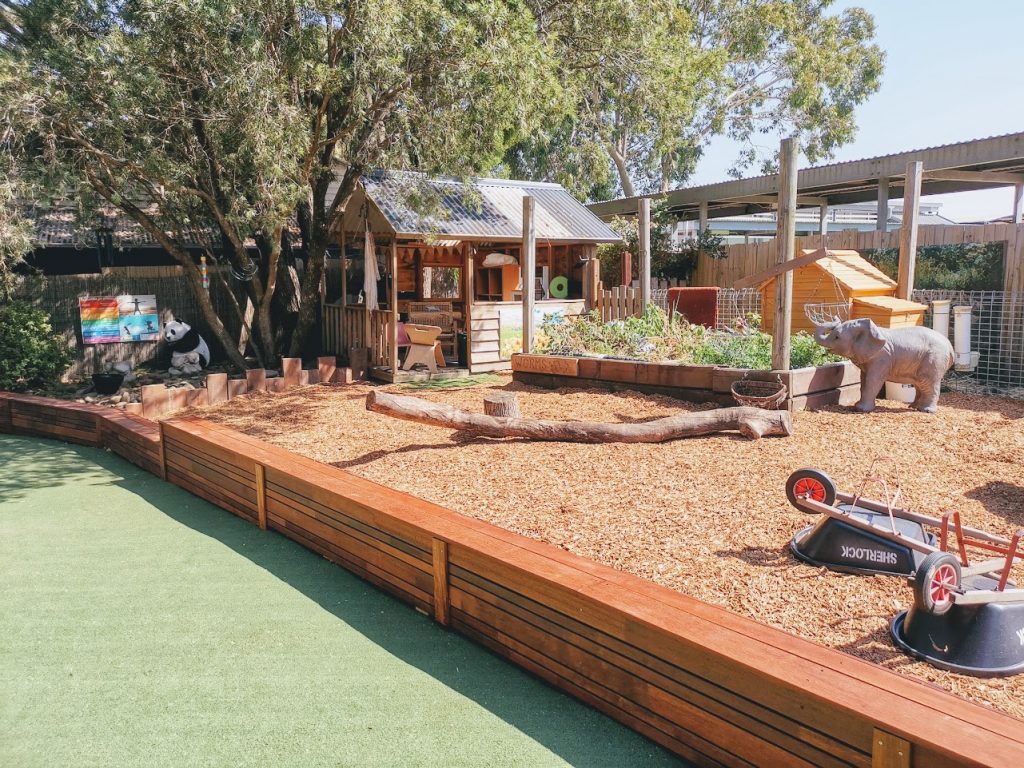
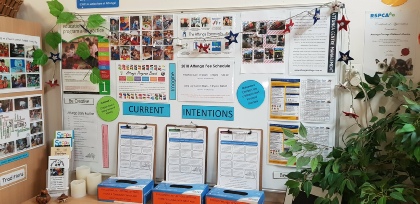
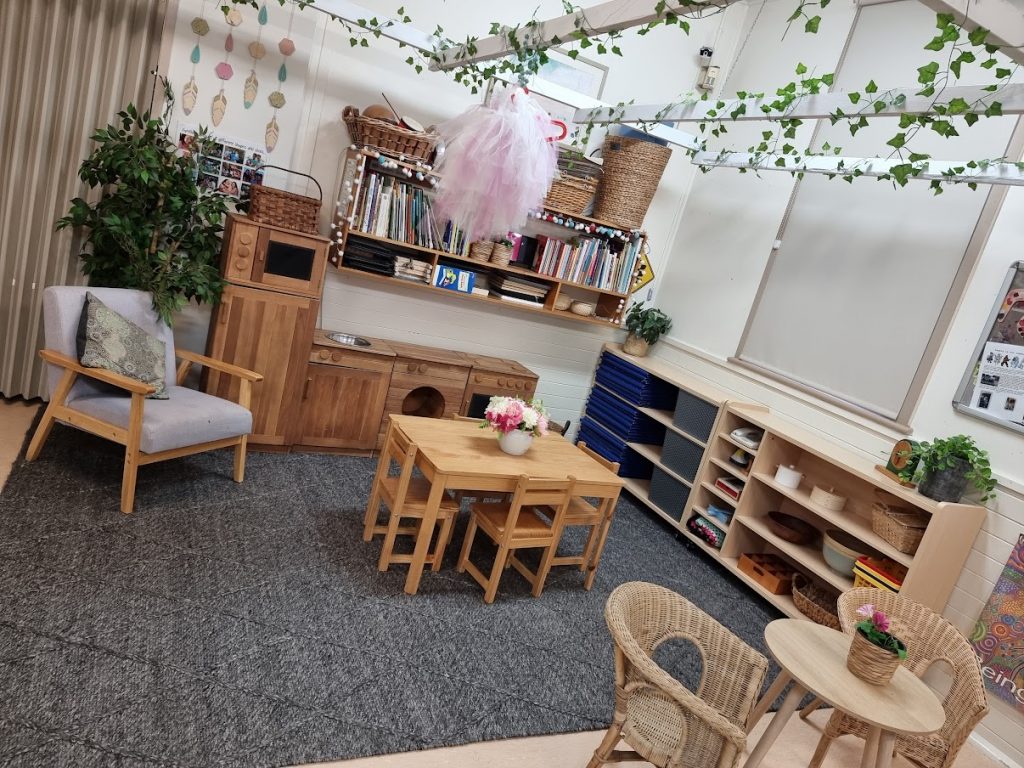
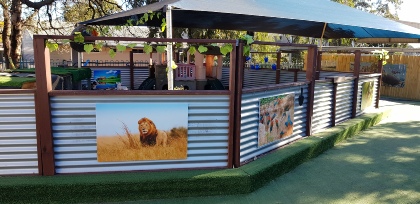
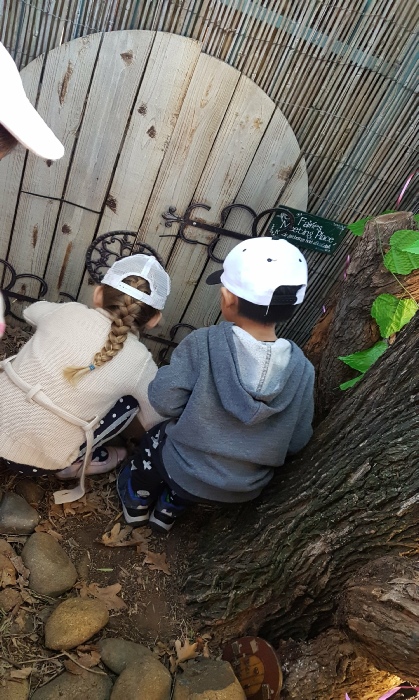
We believe in building a community that values children, respects their rights and gives them love and enables children to develop a readiness for the transition to school and more importantly, a readiness for life. We believe our community are the children, their families, the educators and all people and services Attunga has made connections with since 1994.
We believe as part of this community, we have a responsibility to our children and families to establish and maintain a sense of belonging and connection to the land and to our shared Aboriginal history and culture, to actively embrace reconciliation and spread this message.
We believe that we too are learning within our current context and we have an ongoing commitment to continue on the path of professional growth through critical reflection and ongoing professional development.
We encourage and support children to interact peacefully and collaboratively, express empathy for others and actively challenge bias and promote social justice. We believe in supporting and developing a partnership with families to share the nurturing and education of their children. We encourage each family to participate in the centre community and support and welcome their interest and involvement.
We acknowledge the traditional owners of this land, the Gweagal, Bidjigal People and Dharug people, and pay respect to elders past present and future, along with all Aboriginal and Torres Strait Islander people in the community and their languages.
ABOUT US
SERVICES
